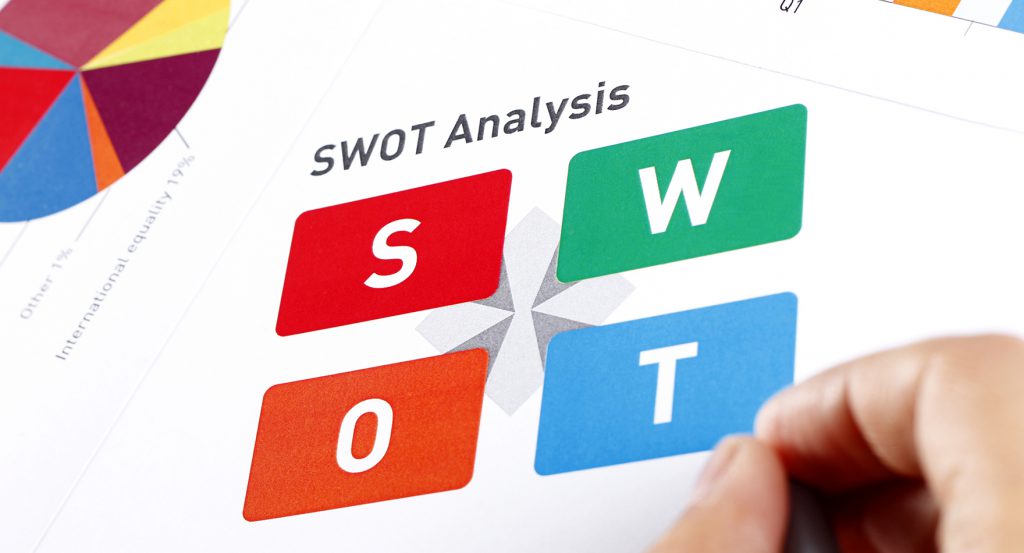
ISO 9001: Elevating Excellence in Quality Management
Quality Management ISO 9001 is an internationally recognized standard that plays a vital role in elevating excellence in quality management. In today’s highly competitive business
AKAP Accreditation Organization


Six Sigma (6σ) is a set of techniques and tools for process improvement. It was introduced by American engineer Bill Smith while working at Motorola in 1986. Jack Welch made it central to his business strategy at General Electric in 1995. A six sigma process is one in which 99.99966% of all opportunities to produce some feature of a part are statistically expected to be free of defects.
Six Sigma strategies seek to improve the quality of the output of a process by identifying and removing the causes of defects and minimizing impact variability in manufacturing and business processes. It uses a set of quality management methods, mainly empirical, statistical methods, and creates a special infrastructure of people within the organization who are experts in these methods. Each Six Sigma project carried out within an organization follows a defined sequence of steps and has specific value targets, for example: 1).reduce process cycle time, 2).reduce pollution, 3).reduce costs, 4).increase customer satisfaction, and 5).increase profits.
6 Sigma is a method that provides organizations tools to improve the capability of their business processes. This increase in performance and decrease in process variation helps lead to defect reduction and improvement in profits, employee morale, and quality of products or services.

Quality Management ISO 9001 is an internationally recognized standard that plays a vital role in elevating excellence in quality management. In today’s highly competitive business

What does SWOT stand for? SWOT stands for Strengths, Weaknesses, Opportunities, and Threats, and so a SWOT Analysis is a technique for assessing these four aspects of your